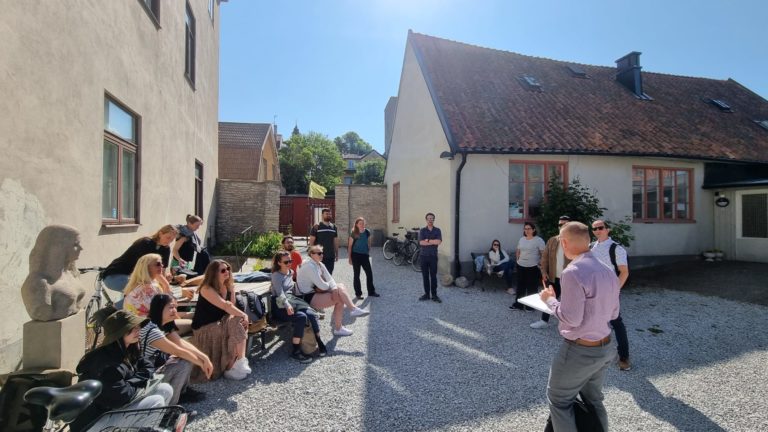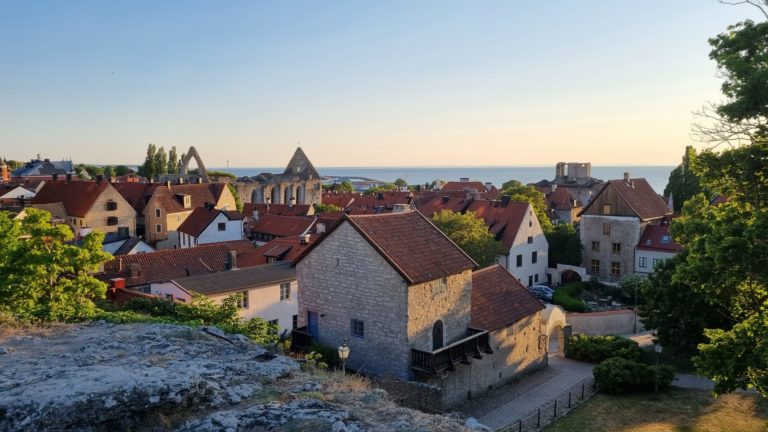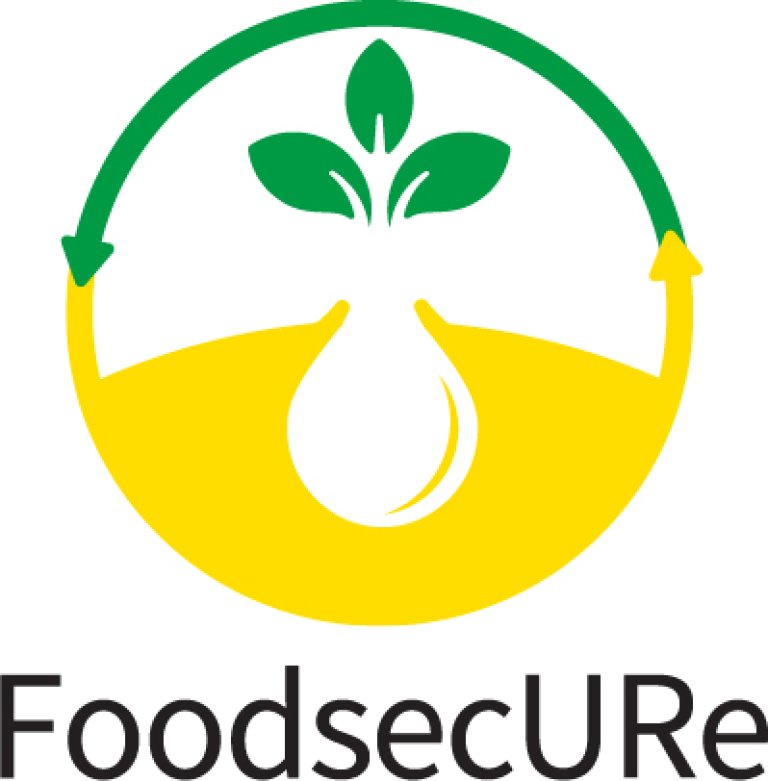
FoodsecURe: Food security through better sanitation is a NRC funded 4 year research project (2023-2027) that targets the small-scale producers around the outskirts of Bahir Dar city who also participate in the on-going EU H2020 funded project “Healthy Food Africa” (HFA). FoodsecURe is coordinated by NIBIO with Dr Divina Gracia P. Rodriguez as Project Manager, with partners including the Kretsloppsteknik group at the Swedish University of Agricultural Sciences (SLU), the Norwegian University of Life Sciences (NMBU), Norges Vel, Bahir-Dar University (BDU), and Amhara Regional Agricultural Research Institute. BDU office of the Healthy Food Africa project, Bahir Dar City Water Supply and Sewerage Authority, and the Bureau of Water and Energy are key stakeholders and members of the Advisory Committee of the project from the Ethiopian side.





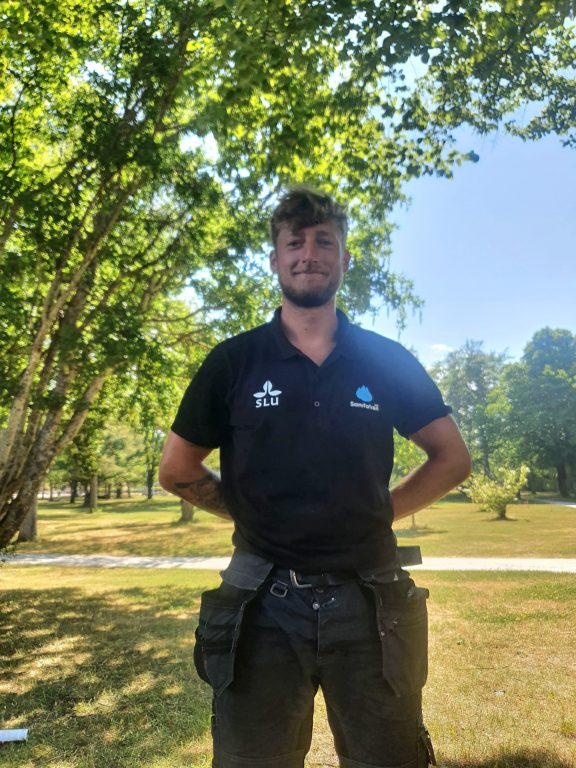

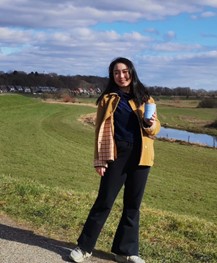 Ya Gao comes from China and previously received her Master’s degree in Environmental Technology at Wageningen University and Research in the Netherlands and her Bachelor’s degree in Environmental Sciences at Tongji University in China. After the graduation from her previous study, Ya Gao worked in a green building sustainable consultancy company in Shanghai as a project engineer for one and a half years. In May 2023, Ya Gao has joined the Kretsloppsteknik group as a PhD student working for the EU project
Ya Gao comes from China and previously received her Master’s degree in Environmental Technology at Wageningen University and Research in the Netherlands and her Bachelor’s degree in Environmental Sciences at Tongji University in China. After the graduation from her previous study, Ya Gao worked in a green building sustainable consultancy company in Shanghai as a project engineer for one and a half years. In May 2023, Ya Gao has joined the Kretsloppsteknik group as a PhD student working for the EU project 